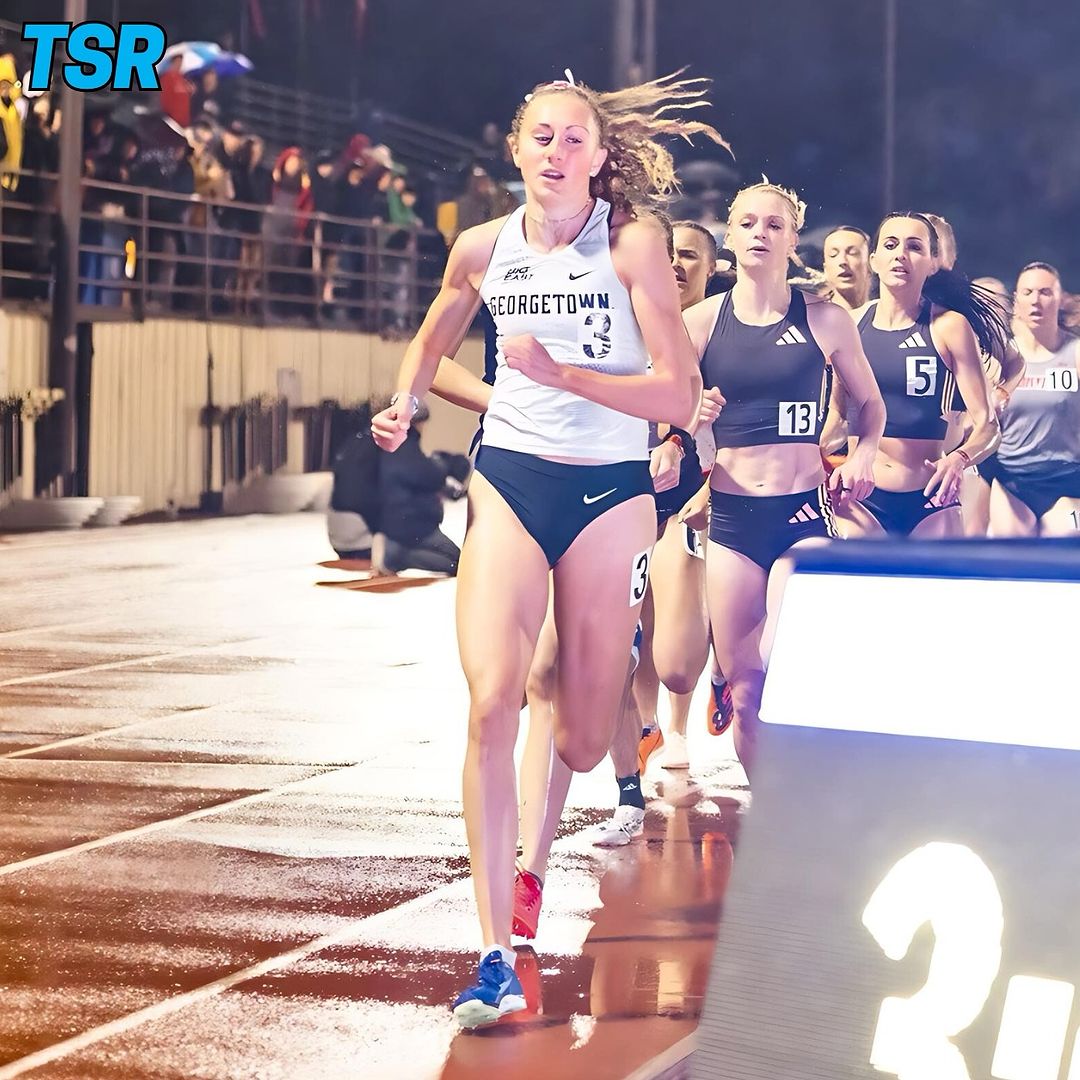Last Wednesday, club soccer powerhouses Chelsea and Juventus played to a 2-2 draw in the opening game of this year’s UEFA Champions League group stages. The game was marked by stiff play, trademark Italian soccer resilience and one insane goal that had tweeters across the globe hashtagging “SportsCenterTop10” left and right.
Twenty-year old Chelsea midfielder Oscar dos Santos Emboaba — simply Oscar to soccer fans — wowed with a debut that featured two goals in a span of three minutes, the latter an absolutely splendid strike into the top corner. Having just put his team up a goal in the 31st minute, the newly acquired star immediately outdid himself.
Positioned 20 yards out, Oscar received a pinpoint pass from left back Ashley Cole, spun himself free of Andrea Pirlo and finished the pirouette with a curving ball over the outstretched arms of goalkeeper Gianluigi Buffon to double the lead.
The goal was certainly one of the best we will see not only in 2012-13 European competition but in all of soccer this year as well, and Chelsea fans will remember it (and hit replay on YouTube) for many years to come.
Brazilians, however, can only shrug their shoulders and smile: It’s nothing new to them.
Brazil lays claim to some of the most improbable, law-of-physics-defying goals ever. Fellow countryman Maicon’s juggling volley blast in 2010 renders Oscar’s mundane. Roberto Carlos’ 1997 free kick vs. France trumps all.
Brazilian soccer players approach the game with an unparalleled artistry. Since Englishmen introduced soccer to Brazil in the 19th century, the national team has gained eminence as perennially one of the finest in the world. They’ve won the World Cup more than any other country — five times — and represent the only nation to have appeared in the tournament every time that it’s been held.
What sets Brazilian soccer apart is the culture. It’s the yellow shirts, blue shorts, and green lining. The bright jerseys seem to shed their flamboyance onto the players, who dance around the field as vivaciously as their supporters in the pre-game carnival. The most defining characteristic of the Brazilian footballer, however, is something much more personal than uniforms, wonder-goals and inflated egos.
Almost every Brazilian goes by one name. Oscar, Maicon, Ronaldinho, Robinho, Ronaldo, and my personal favorite, Hulk. This abridged list doesn’t even do it justice. Brazilian footballers through the ages have boasted creative names, some as phonetic representations of their play, others for no reason at all. Ronaldinho falls under the first category, his name meaning “little Ronaldo” to link him with his predecessor, legendary striker Ronaldo. Hulk (formally Givanildo Vieira de Souza) went from 10 syllables to one when his father named him after the raging green monster. For those wondering, he’s 5-foot-11.
Myth holds that the one-name system originated in Brazil, and has since lent itself to players from other countries. Mexican goal machine Javier Hernandez goes by the stage name Chicharito, meaning “little pea.” Colombian striker Radamel Falcao Garcia simply took his middle name, and slapped it on the back of his jersey. The Brazilian name game has caught on and caught on big. And it’s no mystery as to why.
It’s easier, after all, for announcers in the heat of the moment to be able to say players’ names quickly. And plus, what’s more fun than running around after a goal screaming “Ronaldinho!!!” at the top of your lungs? Seriously, think of a more fun name.
Names are not randomly awarded, however. There are some soft rules that are universally observed.
Most defenders (David Luiz, Roberto Carlos, Dani Avles) stick with two names. Keepers, too — like Julio Cesar — make no changes. Generally, single-name players are the ones in the limelight, the ones making plays. By the nature of the game, these are more often than not the attacking players — midfielders and forwards.
The single-name tradition is no longer limited to soccer, either. Nene, a Brazilian basketball player on the Washington Wizards, has followed suit. It has also become a widespread practice outside of sports, as many Brazilians choose to shorten or alter their names in for the sake of convenience.
Brazilian players, and a growing number of international athletes, can be easily identified by their one-name status. At first, the name makes the player, but in time, the player makes the name. Goals like those scored by Oscar, Maicon and Carlos highlight the sacred nature of the one-name tradition and, on a grander level, solidify Brazil as the greatest soccer dynamo of all time.
Matt Bell is a freshman in the McDonough School of Business. FRESH OUT OF PHILLY appears every Friday.














